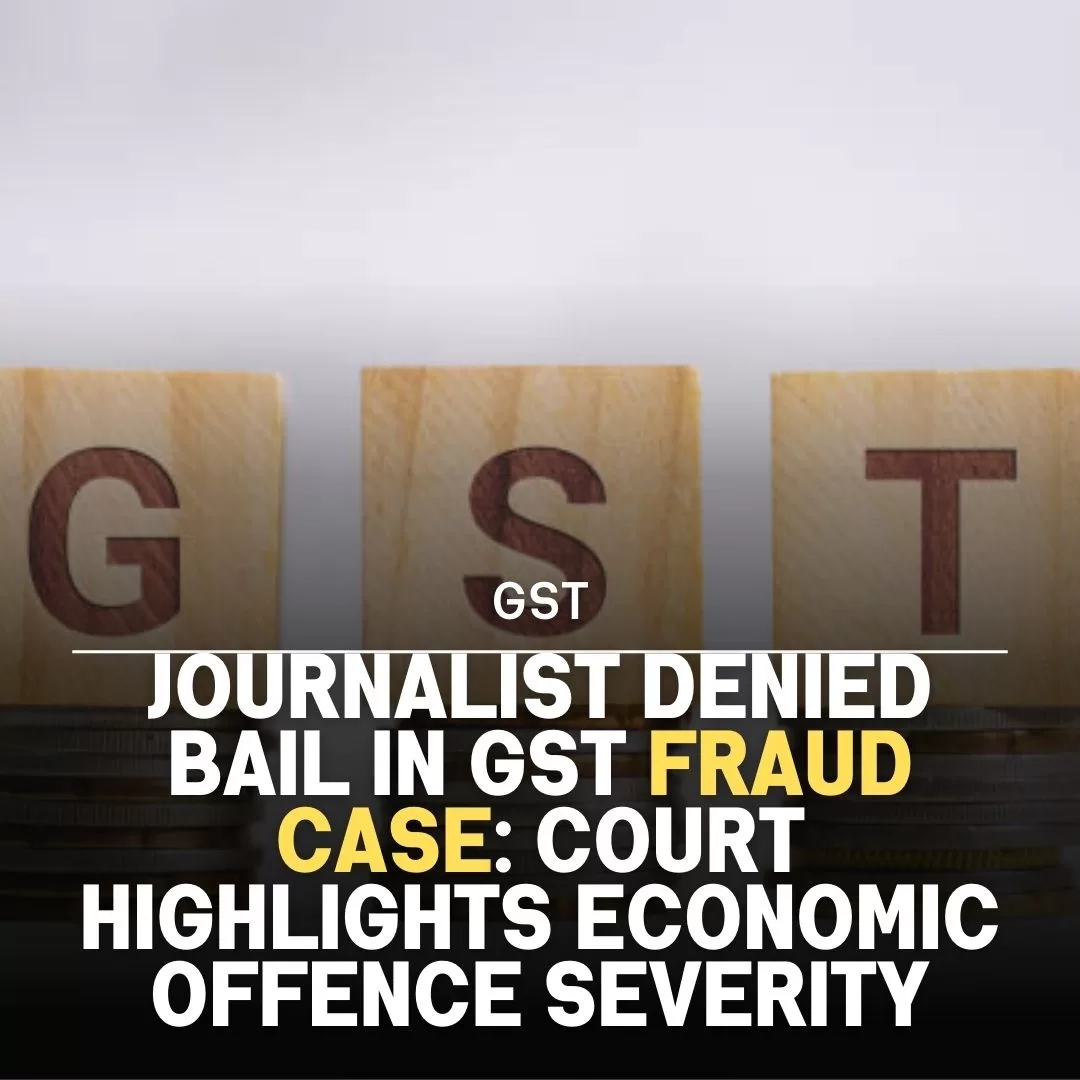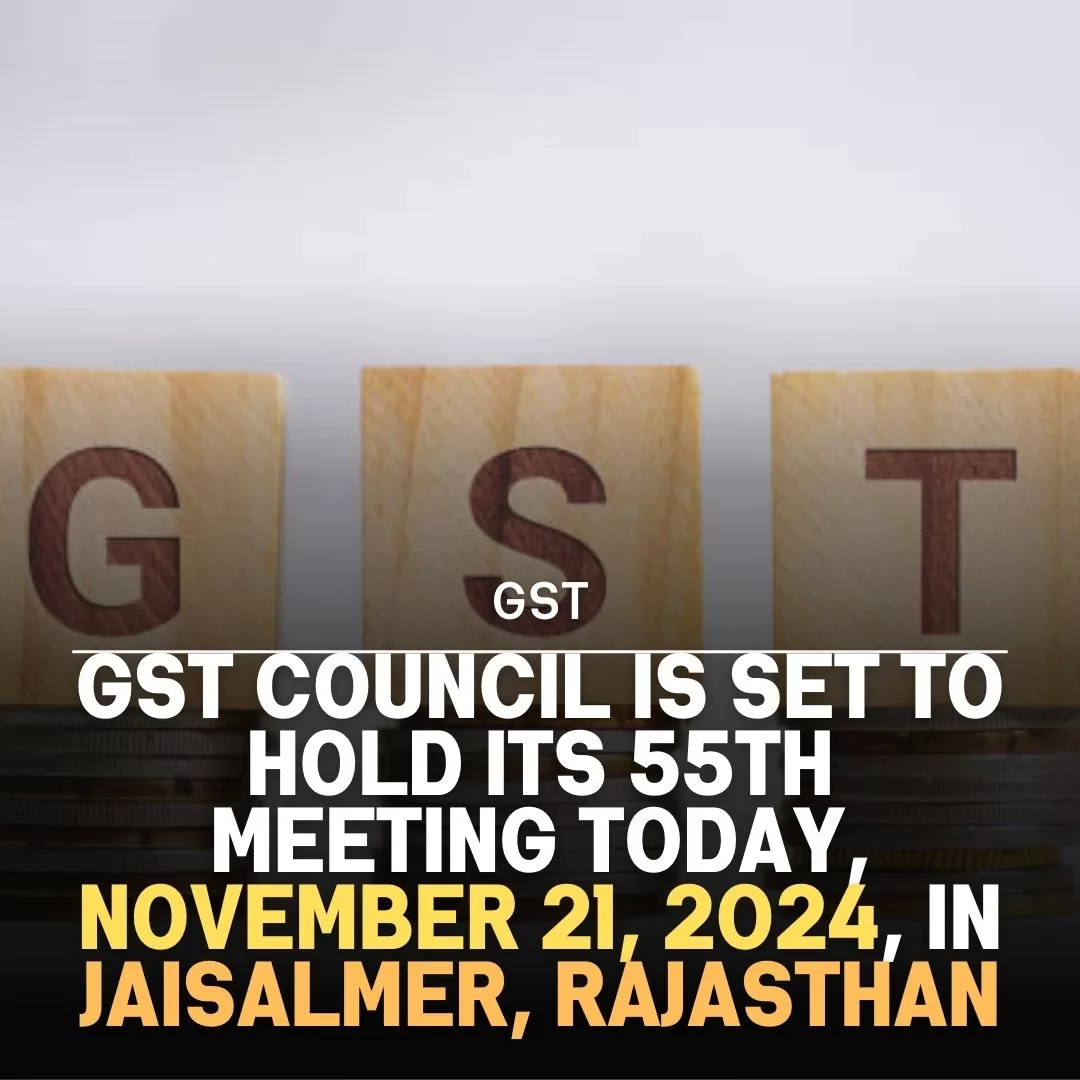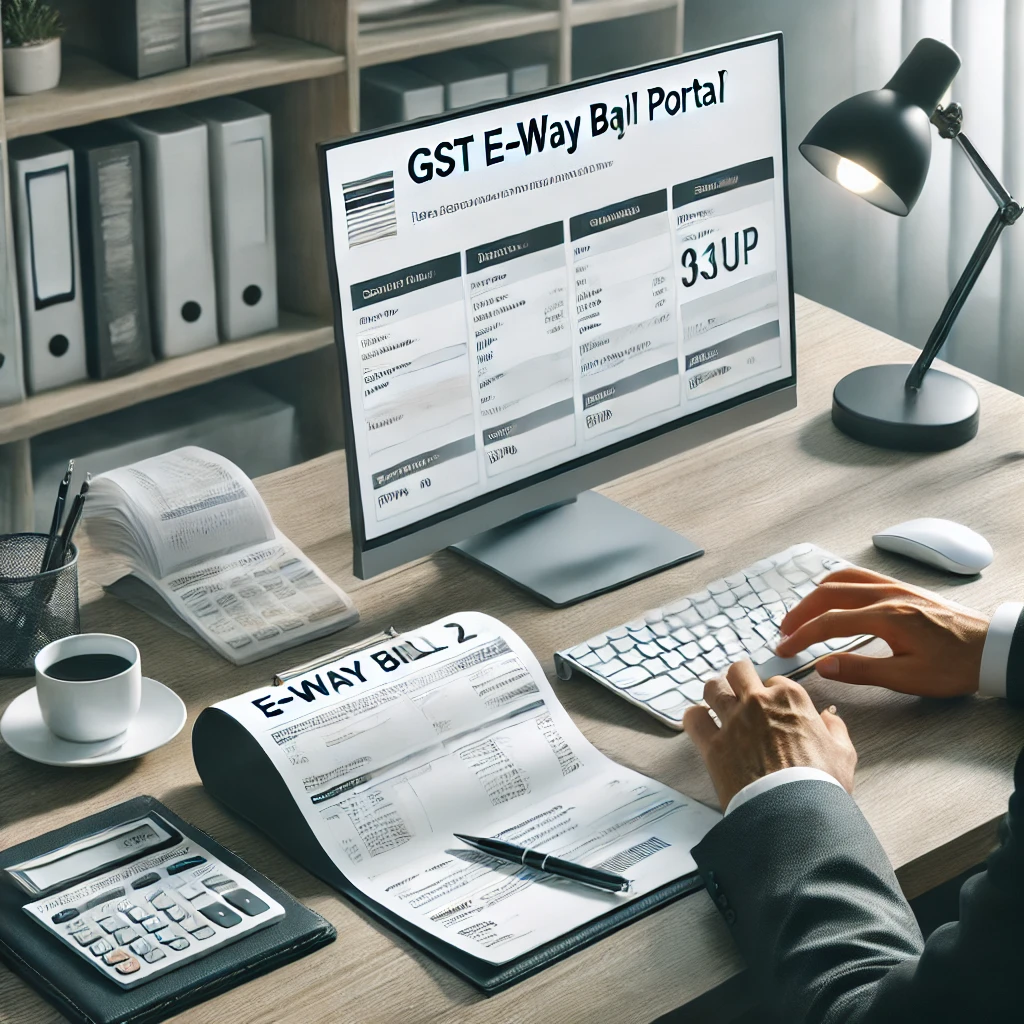A journalist accused of involvement in a Goods and Services Tax (GST) fraud case has been denied bail by an Ahmedabad court. The court cited the seriousness of the charges and their adverse impact on the economy while refusing the plea.
Key Highlights of the Case
1. Bail Application Rejected
The Additional Sessions Judge noted that the journalist allegedly fraudulently obtained GST credits worth ₹6,61,416, deeming it a severe economic offence.
- The court highlighted that economic offences have far-reaching consequences on public finances and national development.
- The bail application was rejected due to concerns over the possibility of evidence tampering by the accused.
2. Importance of Tackling Economic Offences
The court emphasized the rising trend of white-collar crimes and their disruptive impact on the country’s economic structure.
- Such offences are not only complex but also cause substantial financial losses to the public exchequer.
- Strict scrutiny is required in these cases to protect public interest.
3. Timeline of Events
- The journalist has been in custody since October 2024.
- The first FIR was filed on October 7 by the Ahmedabad Crime Branch based on a Central GST complaint.
- A second FIR was lodged on October 23 in Gandhinagar after the recovery of documents related to the Gujarat Maritime Board.
4. Shell Companies Involved
Investigations revealed that the fraud involved Dhruvi Enterprises, a shell company, and 12 other associated entities.
- Fake invoices were allegedly used to fraudulently claim input tax credits (ITC) and evade GST payments.
- Over 220 additional shell companies were found linked to the fraud through common credentials like mobile numbers and PAN cards.
Investigation Updates
Authorities conducted raids across 19 locations in Gujarat, including cities like Ahmedabad, Bhavnagar, Surat, Junagadh, and Rajkot. The operation resulted in the seizure of:
- 29 computers
- 38 mobile phones
- 7 laptops
- Various documents sent for forensic analysis
The investigation is ongoing to uncover the full extent of the fraud and its broader network.
Impact of Economic Offences
Economic crimes like GST fraud are treated as serious offences due to their long-term implications for the nation’s financial stability.
- Such crimes erode public trust and affect government revenues, which fund essential public services and infrastructure.
- Courts often adopt a cautious approach while granting bail in such cases to ensure a fair investigation.
Conclusion
This case underscores the growing concern over economic offences and their potential to harm the country’s financial framework. Authorities remain committed to investigating and prosecuting such crimes with due seriousness to uphold justice and safeguard public resources.
For more updates, stay tuned.



